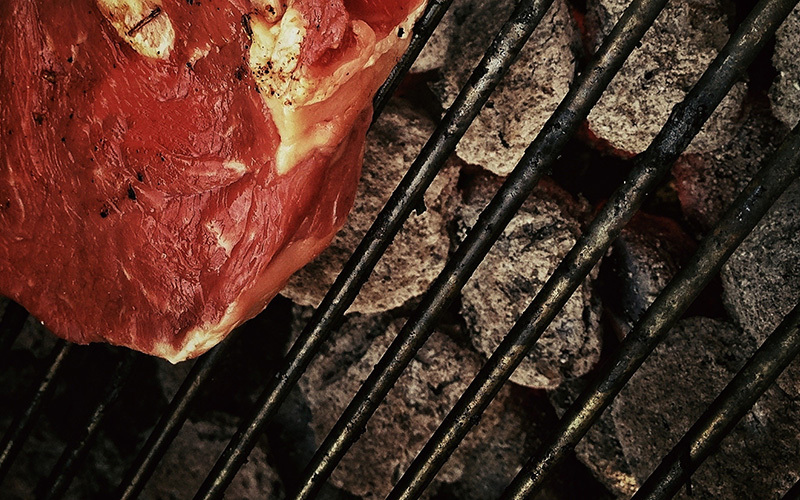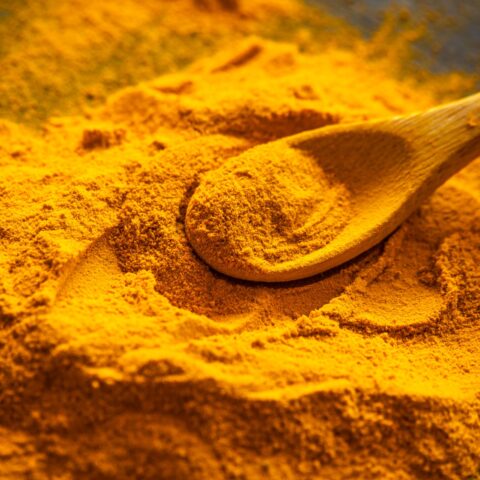Carnitine Levels and Muscle Boosters

When we follow a healthy, Paleo Diet®, we want to make sure we’re covering all bases, not only in terms of getting every last vitamin and mineral, but doing so in a balanced way. As such, entertaining the idea of taking supplements to meet recommended daily value (DV) requirements is natural. In fact, so many of us take supplements that we’re spending billions.
Sales of supplements in 2013 reached $13 billion, as more people turned to the supplements to boost their health and lose weight, despite an investigation that found most didn’t contain herbs listed on their labels, and in some cases, the supplements didn’t even identify potentially dangerous allergens.1
So, do we really need any of them? Doesn’t a real Paleo Diet provide all we need? Yes, but there are a couple caveats worth considering including supplementation for:
VITAMIN D
Most westerners, particularly those living at northern latitudes, do not receive sufficient sunlight exposure required for our bodies to produce adequate blood concentrations of vitamin D.
FISH OIL
We could avoid supplementing if we were to eat the entire carcass of animals and fish (brains, liver, marrow, gonads) which are rich sources of EPA and DHA.2
In my experience, I’ve found on an individual basis, clients may need supplements of one kind or another, but rather than going to the nearest Whole Foods and dropping hundreds of dollars in self-diagnosed natural remedies, do yourself a favor and if you feel something is amiss, see your functional medicine doctor3 to get a full work up and determine what you actually need.
What’s the deal with some of the popular supplements that we see advertised all over the place? We already know how to address some of them. Our need for calcium, for example, is adequately met on a Paleo diet, even though we don’t eat dairy.
And, rather than turning to B12 supplements for energy, we can create a naturally balanced blood sugar levels simply by following the low-glycemic eating regime that is inherent to Paleo.
But what about some of the more confusing supplements, such as those designed to help with performance in sport? Carnitine is a perfect example.
L-carnitine is an amino acid that is naturally produced in the body. Supplements are used to increase levels in people whose natural level of L-carnitine is too low because they have a genetic disorder, are taking certain drugs, or because they are undergoing a medical procedure that uses up the body’s L-carnitine. It is also used as a replacement supplement in strict vegetarians, dieters, and low-weight or premature infants.4
But can it also give us an edge in sport? Apparently so, according to a recent study published in Cell Metabolism.
“Supplementation with carnitine increases activity of metabolic pathways that helped mice run longer and further than those without supplementation”, said the US-based researchers who conducted a recent study focused on an enzyme, which uses carnitine to boost energy economy.5
Researchers moved to address ways routine activities like mowing the lawn or climbing stairs was becoming problematic due to exercise intolerance. The study concluded that carnitine supplementation did, in fact, work synergistically with the enzyme to optimize energy metabolism during exercise.
But what were the subjects eating? There’s no mention of the diet administered to the mice in the study, and aside from a brief mention that “nutritional and/ or pharmalogical strategies aimed at promoting enzymatic activity could prove useful for offsetting metabolic inertia,” we’re left with a fundamental piece of information, which seems to have been grossly overlooked.
Meat, poultry, and fish, staples of any Paleo diet, are all rich sources of L-carnitine where 63% – 75% is absorbed, whereas only 14% – 20% is absorbed in supplementation.6 Rather than heading straight to the vitamin shop and stocking up on carnitine, do yourself and your wallet a favor and make sure your diet is, in fact, a balanced Paleo approach. L-Cartinine supplementation may prove to be nothing more than the proverbial Band-Aid.
References
[1] “Americans Are Ignoring the Science and Spending Billions on Dietary Supplements.” Washington Post. The Washington Post, 04 Feb. 2015. Web
[2] “Nutrient Deficiencies and Supplementation | The Paleo Diet.” The Paleo Diet. N.p., 23 Feb. 2015. Web
[3] “Institute for Functional Medicine What Is Functional Medicine?” Institute for Functional Medicine What Is Functional Medicine
[4] “L-carnitine: Uses, Side Effects, Interactions and Warnings – WebMD.” WebMD. WebMD, n.d. Web. 29 July 2015.
[5] Carnitine Supplementation Could Boost Muscle Stamina: Animal Data.” NutraIngredients.com. N.p., n.d. Web.
[6] Linus Pauling Institute. “L-Carnitine.” Micronutrient Information Center. Oregon State Univeristy, 2015. Web.
Nell Stephenson, B.S.
Nell Stephenson has been an advocate for The Paleo Diet since 2011, and is the co-author of The Paleo Diet Cookbook.
More About The Author



